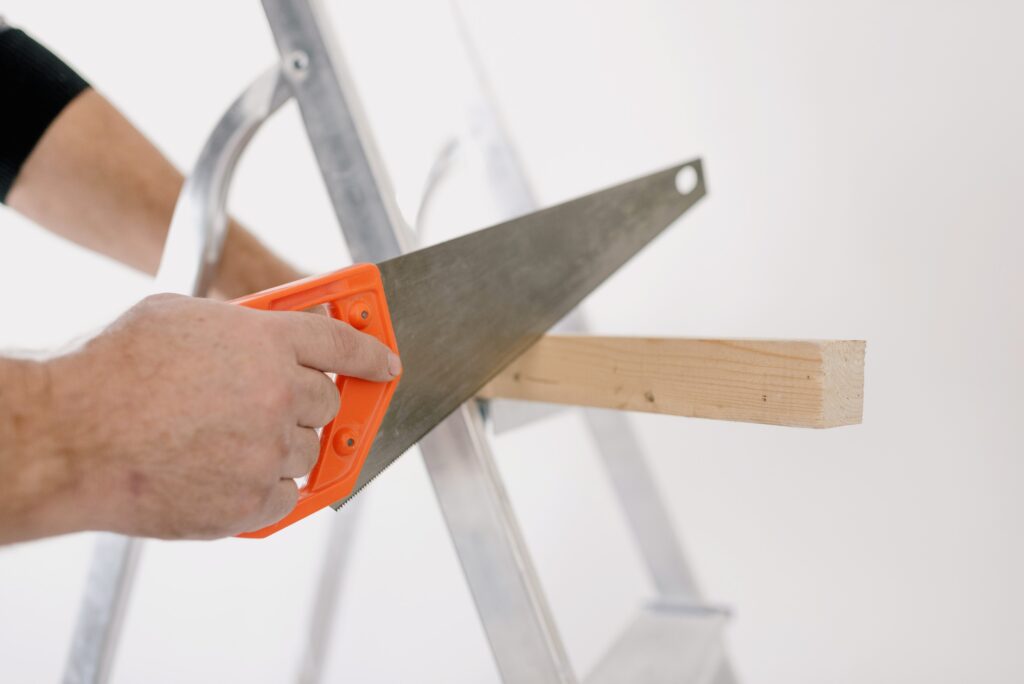What Qualifications Do You Need to Become a Land Developer?


A land developer is a person who develops property and varies the landscape. These activities range from building houses to clearing land to constructing airports. While these activities are important to local economies, many people are not aware of the cost to the local community. A land developer can earn a lot or little, depending on the type of development that is undertaken. In this article, we will discuss the various duties of a land developer and the qualifications necessary to become a land developer.
The cost of land development
If you’re planning to build a new home, the costs associated with land development can become quite significant. There are several different phases of land development. The first involves surveying the existing condition of the land. This process will be incurred at different stages of construction. In addition to this, costs associated with permitting and fees are another factor.
A recent court ruling stated that developers must capitalize on many indirect costs associated with the development of raw land. Fees for bringing fill dirt into the site, moving existing utilities, and relocating public infrastructure are among them. The amount of fees incurred by a developer depends on the demand for that particular type of development. The more demand for a particular land use, the higher its price. This is where a trusting contractor and estimator come in handy.
The basic duties of a land developer
As a real estate developer, you must be aware of certain fundamental duties and obligations. You must ensure that a property has a clear title, avoid any pending requisitions or notices, arrange the funds for a project, share the details of the project with customers, obtain all clearances, and communicate with customers to assure that the property is in good condition. Then you should be willing to pay back investors’ money and interest if any of their plans change.
A land developer’s duties are vast, and they include selecting raw property and liaising with government agencies. Once the property is selected, the developer may sell the lot to builders or direct home buyers. Developers may spend a significant portion of their time fundraising, while others may engage an architectural and engineering firm to develop the property.
Qualifications needed to become a land developer
In this field, you’ll oversee the construction of commercial, retail, and private sites. You’ll partner with city councils to develop the land in accordance with zoning laws and regulations. A land developer is responsible for the acquisition of property, planning its use, and evaluating economic trends and zoning ordinances. He or she will also work with municipal planners and apply for rezoning and subdividing plots.
In addition to a bachelor’s degree in real estate, you’ll need relevant industry experience to gain insight into the construction process. Getting an MBA is also an excellent option if you’re looking to pursue a career in land development. Many large corporations prefer developers with graduate degrees in business, such as Master of Business Administration (MBA) degrees. Additionally, you’ll need to pass a series of licensing exams in your state. You’ll also have to reapply for your real estate license every two or four years.
The salary range for land developers
A land developer can make as much as $105,210 per year in the United States, and many of these individuals also receive a bonus. According to the U.S. Bureau of Labor Statistics (BLS), the average salary for a land developer ranges from $73,638 for an entry-level position to $130,687 for a senior-level position. Salary levels for land developers typically increase by 11 percent over the next five years, so it’s important to keep in mind that the actual salary for the job may vary based on skill level, location, and experience.
Land developer’s salaries are affected by taxes, but they’re not entirely dependent on them. Those in the 22% tax bracket can expect to take home $52,358 per year, or about $2,182 per paycheck. This estimate is based on bi-monthly pay periods and federal and state tax tables from 2018. This doesn’t account for Metro-specific taxes, so it’s always important to get advice from an accountant or tax professional before starting a new job.
